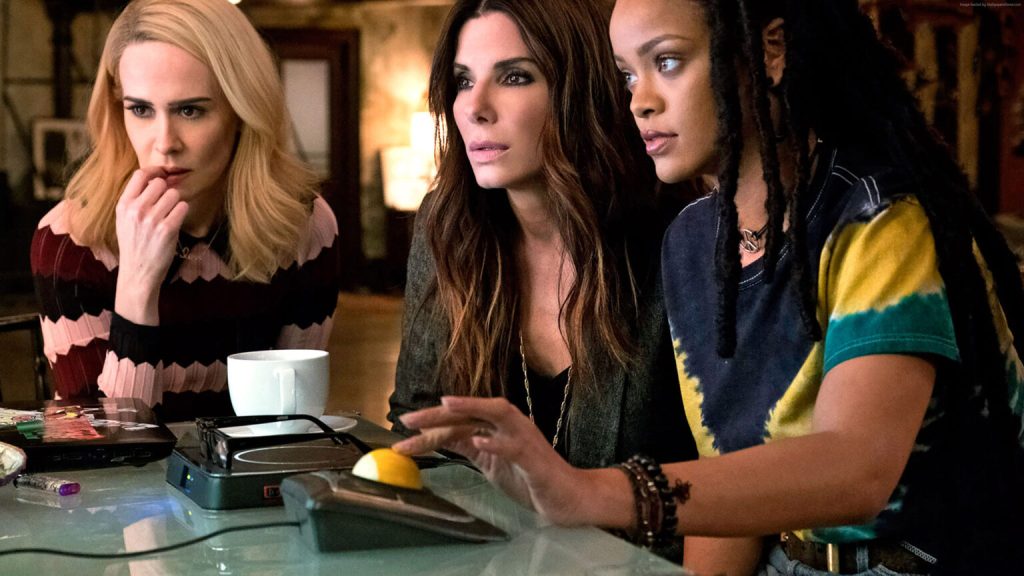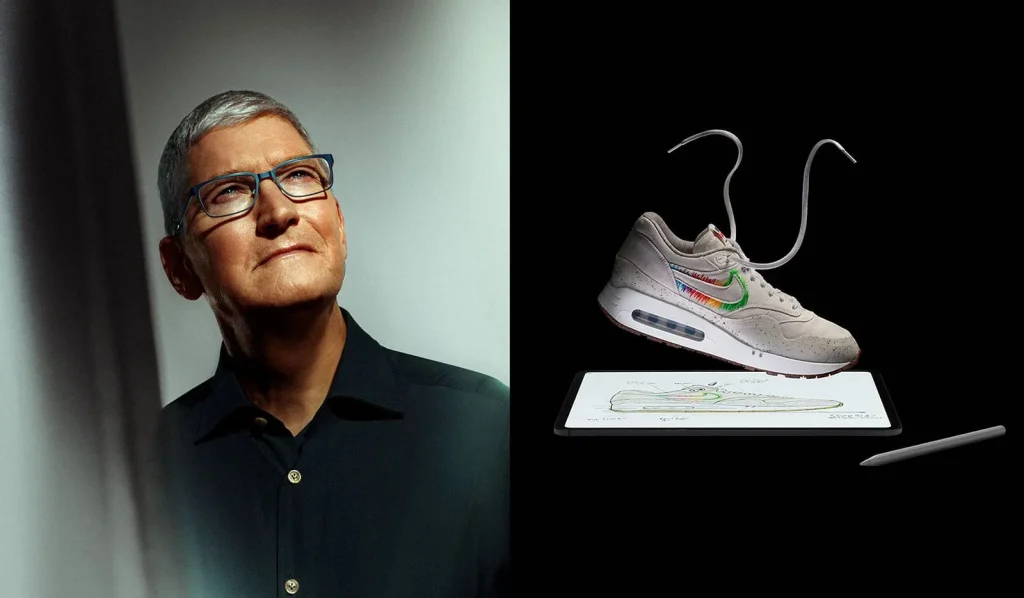I never envisioned referencing Rihanna, yet her portrayal as Nine Ball, the hacker in *Ocean’s 8*, commanded substantial attention. *Ocean’s 8* extends the ‘Ocean’ franchise, this time featuring an all-female cast orchestrating an elaborate heist. Their mission? Steal a $150 million diamond necklace—the famed Toussaint—during the Met Gala. Achieving this feat through cyber manipulation, including techniques such as phishing and social engineering, the film subtly reflects the power of human error and its far-reaching repercussions. Nine Ball, the team’s tech wizard, is tasked with creating a blind spot in the Gala’s security. However, the realism falters when considering the high-profile nature of the event, which would certainly be fortified against such tampering.
In a 2018 review, *Business Insider* noted, “Each woman in the crew possesses a unique skill that makes her indispensable to the operation. Moreover, some of these talents defy established stereotypes.” Take Nine Ball, the hacker—a role rarely assigned to women, let alone a woman of color. This point resonates even more, considering that, according to *Wired*, only 20% of computer science majors are women, and merely 5% are women of color.
According to the University of Tulsa, just one-quarter of global cybersecurity professionals identified as women in 2022, based on Cybersecurity Ventures data. Given the critical demand for skilled personnel in this domain, organizations must do more to recruit, develop, and elevate women in cybersecurity. By 2025, cybercrime damages are projected to swell to $10.5 trillion annually—a staggering 300% increase from 2015, as per *Cybercrime Magazine*.
The infusion of gender diversity into cybersecurity brings an invaluable dimension: lived experiences. Women’s perspectives help unlock innovation that might otherwise be neglected in homogeneous environments. Furthermore, their presence enhances team communication and expands the talent pool, fostering a culture of mentorship that could inspire future generations to pursue careers in the field.
Hollywood has long been infatuated with cyberattacks—glowing screens, frenetic typing, and lone geniuses thwarting digital catastrophes. But do these portrayals reflect the diversity of real-world cyber warriors? Not quite. The archetypal image remains the solitary white male hacker—often depicted as a brooding outsider. Female characters, especially those from minority backgrounds, are frequently sidelined, their technical prowess largely ignored.
*The Women in Cybersecurity 2022 Report* by Cybersecurity Ventures underscores this disparity, highlighting how media depictions of cybercriminals and cybersecurity experts rarely include women. “If you look at media reports,” the report states, “you’ll often see images of men in hoodies, typing away in dark rooms.” Gendered language, such as the term “man-in-the-middle” attack, also perpetuates these stereotypes. The masculine branding of cybersecurity must evolve to encourage greater diversity. Without this shift, talented individuals—particularly women—may be dissuaded from pursuing this vital field.
Nonetheless, some shows, like *Mr. Robot*, have begun to challenge these outdated tropes by featuring complex female characters like Darlene and Angela. These women aren’t mere accessories; they possess deep technical skills in coding, social engineering, and network manipulation, making them critical to the show’s narrative. They are fully realized characters with their vulnerabilities—Darlene’s insecurities and Angela’s morally ambiguous ambitions—as they navigate power dynamics and personal stakes.
Similarly, *The Girl with the Dragon Tattoo* showcases the talents of a female hacker, though it leans on conventional tropes. Lisbeth Salander, the protagonist, uses her expertise to compromise her adversary’s encrypted email, possibly through social engineering or exploiting software vulnerabilities. She then installs malware, keeping a low profile while manipulating financial records to reroute funds into accounts she controls.
Cybersecurity is a field that thrives on varied perspectives. Social engineering exploits cultural biases, and the complexity of security systems demands diverse problem-solving approaches. Given the global nature of digital threats, international collaboration is paramount. A more accurate representation of cybersecurity professionals would depict a diverse team: a young Latina excelling in social engineering awareness, a neurodiverse programmer innovating detection systems, and an experienced mentor guiding the collective, irrespective of gender or ethnicity. This better reflects the eclectic talent pool required to tackle modern cyber threats.
*See Jane’s Spotlight*, a report by *Entertainment Media is Changing the Equation for Women and Girls in Tech*, affirms the influence entertainment media can have on societal change. A prime example is *The Scully Effect*, named after the groundbreaking character Dana Scully from *The X-Files*. Scully was one of the first multidimensional female leads in a STEM role on television, renowned for her intellect, skepticism, and unwavering confidence—qualities that diverged from the stereotypical portrayal of scientists. According to the report, 63% of women in STEM fields cited Scully as a role model who inspired their career paths.
Projections for gender diversity in cybersecurity suggest promising trends. By 2025, women are expected to represent 30% of the global cybersecurity workforce, increasing to 35% by 2031. This growth will span corporate network security, IoT, and sectors like medical, automotive, aviation, and military defense, according to Steve Morgan, founder of Cybersecurity Ventures.
Hollywood wields significant power in shaping perceptions, and by portraying a more diverse array of cybersecurity professionals, it can inspire future generations to bring their unique skills to this crucial arena. Though we may not immediately connect a TV show or movie with real-world change, such depictions can indeed break stereotypes and open doors.
**WHAT THE PROS SAY:**
Now for the million-dollar question: Which film most accurately portrays hacking?
Believe it or not, there are a few solid contenders. *Sneakers* with Robert Redford is one. *The Matrix* is another, with its real-time hacking sequences that only the true nerds would recognize. And then there’s *Mr. Robot*, a television series in which I personally assisted in writing the first five episodes. It’s probably the most authentic depiction of the hacking universe. —Ralph Echemendia, Founder of The Ethical Hacker.
When watching films and TV, I always wonder: Are these portrayals of cybersecurity professionals even remotely accurate?
In short, no. Cybersecurity isn’t an isolated activity; it requires collaboration with other departments. Cybersecurity professionals are often consultants, constantly interacting with others. As a woman in the field, I can confidently say we don’t sit in corners wearing hoodies and hiding our faces.























